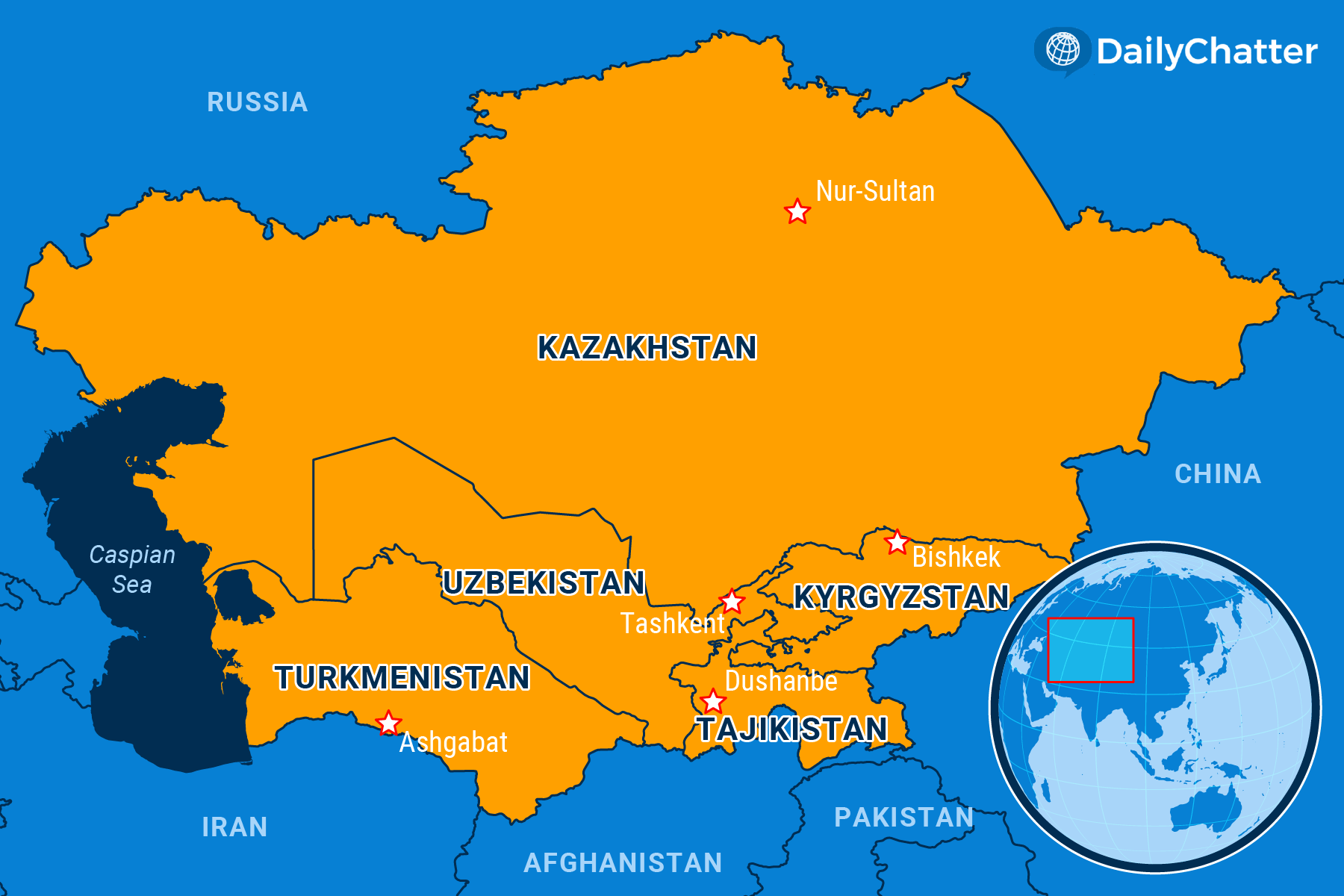
The World Today for November 18, 2021
NEED TO KNOW
Chaos Theory
CENTRAL ASIA

The former Soviet republics of Central Asia are following in the footsteps of Russia in exerting control over social media. Users of Facebook, Telegram, Twitter and other apps know that officials sometimes throttle the services in order to silence debates about the future of their countries.
And in the latest front to open against the tech giants and their users, Kazakh legislators are proposing a law compelling social media companies to open offices in the country or else face restrictions, reported Nikkei Asia. Kyrgyzstan has already enacted a law that requires internet service providers and website owners to list their users. The measure aims to curb misinformation. Critics say these proposals stifle free speech.
The internet in Kazakhstan and Uzbekistan is “not free,” according to pro-democracy think tank Freedom House. Tajikistan and Turkmenistan are unranked but have used internet blackouts to suppress activism and government criticism. Kyrgyzstan’s internet is considered “partly free.”
These policies are part of a digital-repression playbook developed in Russia.
“The rules of the game are largely set by Moscow,” political analyst Arkady Dubnov, a Central Asia expert, told the Washington Post. “The goals are also common: to prevent the existing vertical of power from being shaken, which, as the Russian leadership believes, can be achieved mainly among young people through the extremely popular social networks and messengers.”
Russia, for example, forces telecommunications companies to allow “government-approved technicians” to install surveillance devices on their systems and services, the New York Times reported. Russian authorities slowed Twitter to a crawl this past spring and have blocked users from accessing websites associated with Alexei Navalny, a critic of President Vladimir Putin who is now in jail for violating probation for money laundering charges that he says are bogus.
American companies like Apple and Google have not stood up to the Russian government, either, argued an Al Jazeera op-ed.
Kyrgyzstan-based journalist and educator Inga Sikorskaya told the Institute of War & Peace Reporting that the crackdown in Central Asia is ironic because it comes as more people depend on the internet for communicating and entertainment during the lockdowns of the coronavirus pandemic. Now, she said, they don’t want to give up their freedom of digital expression.
In Uzbekistan, President Shavkat Mirziyoyev has sought to reduce limitations on media freedom, resulting in new media outlets and blogs appearing, wrote Euronews. But he has not allowed any opposition press to flourish as he lays a foundation for one day assuming power, noted Agence France-Presse.
However, as some analysts note, once people have tasted free speech, it’s difficult to take it away, especially when the unstructured nature of the internet works against restrictions – and those who impose them.
To read the full edition and support independent journalism, join our community of informed readers and subscribe today!
Not already a subscriber?
If you would like to receive DailyChatter directly to your inbox each morning, subscribe below with a free two-week trial.
Support journalism that’s independent, non-partisan, and fair.
If you are a student or faculty with a valid school email, you can sign up for a FREE student subscription or faculty subscription.
Questions? Write to us at [email protected].
